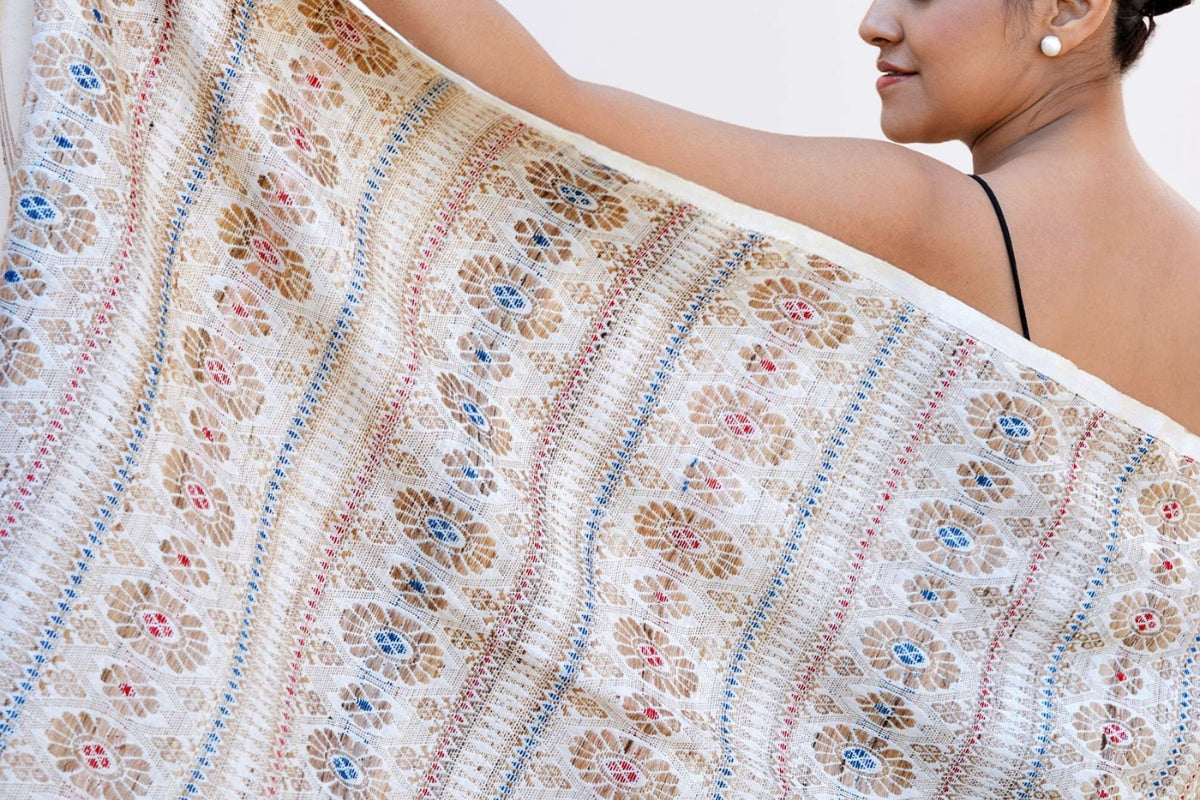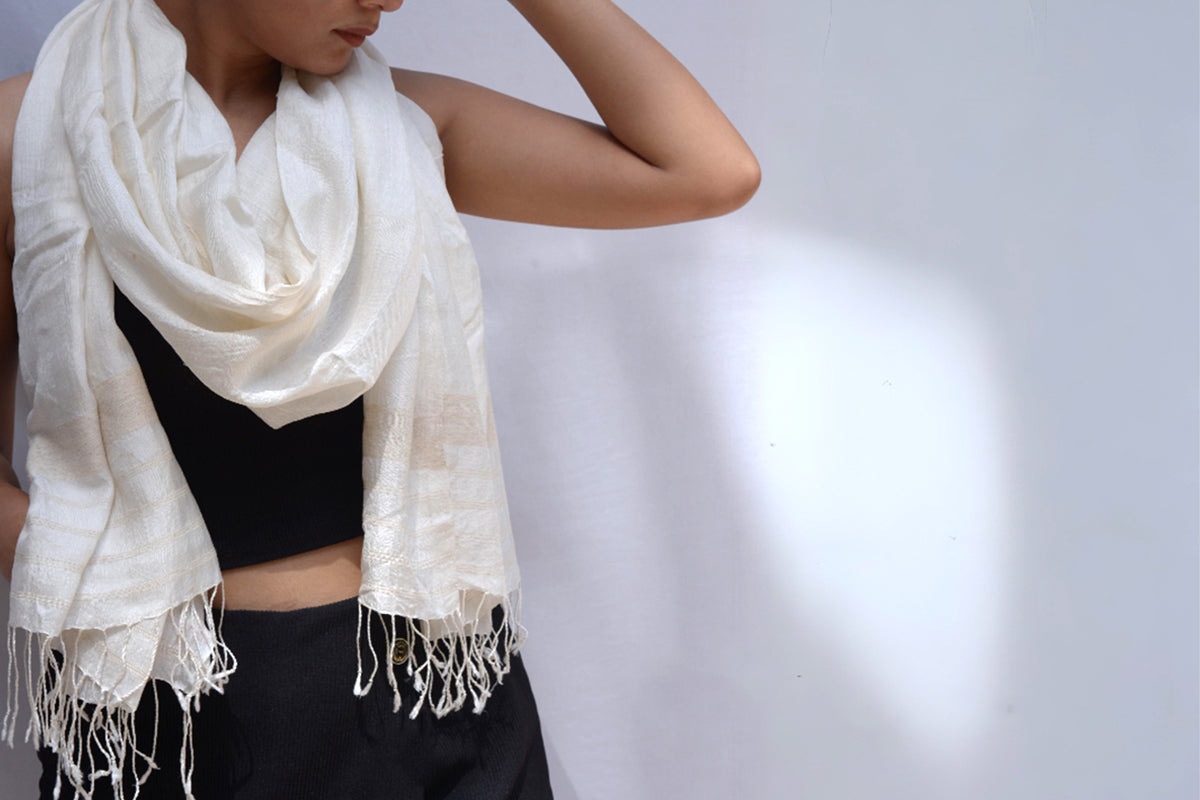When it comes to natural fibers for winter, wool is a top choice, keeping us warm and comfortable. While sheep wool is a classic, yak wool is making waves for its unique properties and eco-friendly harvesting. Let’s dive into the differences between these two fibers and explore what each offers.

Warmth & Insulation
Both sheep wool and yak wool excel at insulation, but yak wool has an edge. Yak wool fibers are hollow, which traps warmth more effectively and makes it naturally warmer than sheep wool. This quality makes yak wool ideal for cold climates, where staying warm is a top priority.
Softness & Comfort
Sheep wool can vary in softness depending on the breed. Standard sheep wool may feel coarse, while finer types like merino wool are prized for their softness. Yak wool, however, is naturally soft and often compared to cashmere, giving it a luxurious feel that’s gentle against the skin without the need for special processing.
Breathability & Moisture-Wicking
Both types of wool are breathable and help regulate body temperature by wicking away moisture. Yak wool, however, is known for being more breathable, thanks to its unique fiber structure. It allows better airflow, which can help prevent overheating, making it ideal for people who are active or live in regions with fluctuating winter temperatures.
Hypoallergenic Qualities
Yak wool is lanolin-free, which makes it hypoallergenic and suitable for people with sensitive skin. Sheep wool, however, contains lanolin, a natural oil that can sometimes cause irritation or allergic reactions. For those prone to sensitivity, yak wool is a gentler option.
Durability
Yak wool is highly durable and resistant to pilling, meaning it stays smooth and holds its shape over time. Sheep wool, while sturdy, can sometimes pill with heavy use, particularly in softer varieties. For products like scarves and mufflers that experience regular wear, yak wool provides a longer-lasting option.
Ethical Harvesting
Yak wool is collected through combing during the spring shedding season, making it a cruelty-free choice. This gentle process doesn’t harm the yaks and ensures a sustainable approach to harvesting. Sheep wool is generally collected by shearing, which, when done ethically, doesn’t harm the sheep. However, concerns about industrial wool practices have led many to seek more sustainable and humane options, giving yak wool an advantage for ethical shoppers.
Environmental Impact
Yak wool production is naturally low-impact since it’s hand-combed and doesn’t require large-scale industrial farming practices. Yaks also graze in remote, high-altitude regions, causing minimal environmental disruption. Sheep farming, while manageable on smaller scales, can have a significant ecological footprint, especially in industrial-scale farming settings where grazing and water consumption are high.
Final Thoughts
Both sheep wool and yak wool have their benefits, but yak wool stands out for its superior warmth, softness, and ethical production. If you’re seeking a hypoallergenic, eco-friendly alternative to traditional wool that also supports ethical practices, yak wool is a great choice.
Yak wool’s unique properties make it a winter essential that balances luxury and sustainability, offering a beautiful alternative to traditional wool. Whether you're facing a frosty commute or an alpine adventure, yak wool could be the warmth and comfort you need this winter season.





